Part 1 of Our Building Trust Series
As a manager, have you ever failed to follow through on a commitment you made? Ever made a choice that was self-serving and self-protective rather than in the service of others? Ever been in over your head or lost your composure in a critical moment?
I hate to admit it, but I have – and each time, I contributed to the deterioration of the greatest competitive advantage an organization can enjoy: trust.
Employees in high-trust organizations experience 106% higher energy, 50% greater productivity, 29% greater life satisfaction, 74% less stress, 13% fewer sick days, and 40% less burnout than employees in low-trust organizations (Zak, 2017).
Additionally, trust in one’s leader is related to subordinate performance, commitment, collaboration, and expressions of citizenship behavior (i.e., going above and beyond what’s required; Dirks & Ferrin, 2002).
Step out of your manager shoes for a moment and step into the shoes of a person you manage. Are you going to take risks, innovate, speak truth to power, challenge the status quo, make sacrifices for others, or in any other way expose yourself to vulnerability for a leader who doesn’t keep his word, protect his employees, or demonstrate the capacity to lead others toward success?
As leaders, we must earn the right to ask people to give us their best – to give us their everything.
Too often, we wait for the big moment (which always seems to be tomorrow, never today) – the big moment in which we can demonstrate to our people just how much courage and integrity we have.
The problem is that the big moments rarely come along…and while we’re waiting for the big moment, a hundred little moments come and go each and every day – and our people judge us on those moments.
Everything we say and everything we do communicates something to people about what we believe, what we value, and what we prioritize. Everything we say and do.
Leadership is a hundred little decisions each and every day – and we’re either there for our people or we’re not.
Over the next few months, I’m going to dedicate my blog to describing how we, as leaders, can and should earn trust from our people. How we can and should build our “trust credentials” each and every day – so that we, our organizations, and the people we lead can thrive.
Stay tuned!
